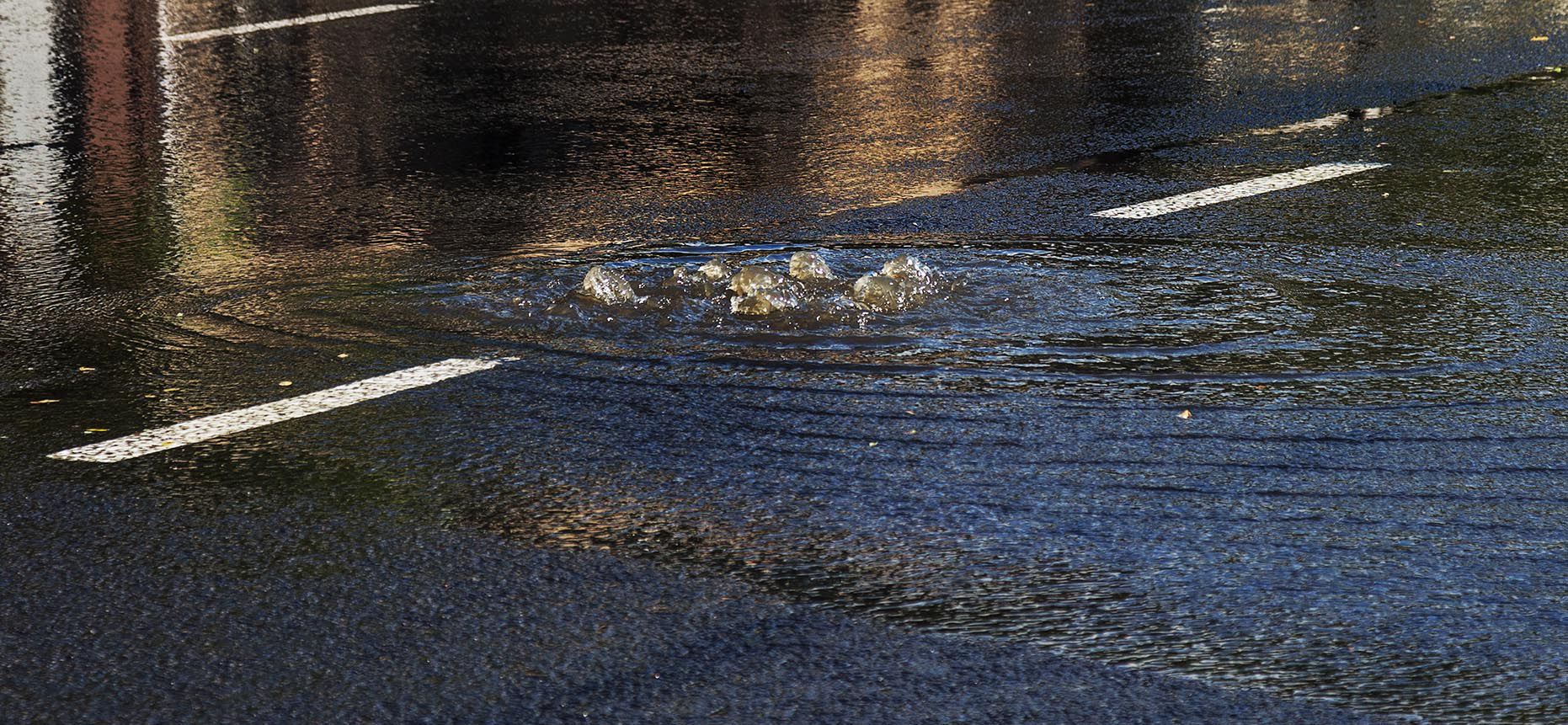.
ISSUES IN YOUR TOWN OR METRO? OUTA CAN HELP!
Did you know that OUTA has a Local Government Division consisting of 3 divisions focusing on water matters, service delivery improvement through community networking and bigger involvement in local matters, an initiative to fix Johannesburg and even an app that assists communities in holding their municipality to account on service delivery?
The different entities* within our Local Government Division has been pushing for greater collaboration among community groups across the country, encouraging them to take ownership of the issues they face by relying on each other for support, This strategy is finally bearing fruit, with more and more communities, individuals and local organisations getting onboard.
According to Local Government executive manager, Julius Kleynhans, the database of active community networks grows monthly, mostly due to public engagements and word of mouth.
“After every online seminar or workshop, be it virtual or in-person, we are seeing greater engagement levels among community groups. A key component is that the resources and discussions we are providing resonate with communities,” said Kleynhans.
Community Action Network (CAN) project manager, Jonathan Erasmus, said a shining example of the collaboration took shape in April when a Durban based CAN affiliate, Save our Rivers and Sea from Sewage (SORS-FS), entered into a collaboration agreement with OUTA’s WaterCAN and another Durban based non-profit, Adopt-A-River. SORS-FS has committed to fund two teams to document pollution sources along key eThekwini Municipality riverbanks. This data will then be used to place pressure on the municipality to act accordingly.
“This exciting river mapping exercise is an example of what is possible. SORS-FS has raised the funds through crowdfunding and a loyal supporter base. WaterCAN and Adopt-A-River are providing the skills and expertise to execute the initiative,” said Erasmus.
WaterCAN executive manager Ferrial Adam said the example of the SORS-FS/WaterCAN collaboration has its roots in a networking event held last year, known as the WaterCAN KZN Gathering. The next KZN gathering will take place on 16 April in the coastal town of Umdloti.
“We are making this an annual event. We bring together various groups focusing on water issues, from surfing associations to local water crisis committees, to share their stories and network with the intention that the relationships will develop beyond the meet-up over a cup of coffee,” said Adam.
Meanwhile, WaterCAN’s team recently embarked on a networking and training mission to the Western Cape, with ongoing training sessions in Gauteng.
To meet the growing demand for WaterCAN, the water-based initiative has appointed two regional coordinators in KwaZulu-Natal and the Western Cape, respectively. There will be more on these appointments in the coming weeks.
In Gauteng, JoburgCAN Project Manager Julia Fish is actively working on promoting community involvement in the City of Johannesburg’s IDP and Budget process. The IDP process closes on 22 April.
“It is important for people to be active citizens in this process and determine how the city develops and spends. We must do this to demand greater accountability from the city management. We need to aggressively provide civic oversight to make sure our city works for all residents in a tangible and positive way,” said Fish.
Fish added that JoburgCAN’s network and influence is growing as it joins and assists civic activists across the city to tackle the challenges they face.
On 24 April, she will be hosting the third episode of CAN’s co-governance series with the topic being “Public Land Occupations”. Her panel will consist of a human rights lawyer and activist and two community associations battling with public land occupations on their doorsteps.
Meanwhile, Norman De Villiers, who works alongside Dominique Msibi in rolling out OUTA’s free LINK Municipal Services Reporting App, said the App is finding fertile ground among various municipalities in the Northern Cape, Western Cape, and KwaZulu-Natal.
“We have several service level agreements being signed with more to follow. Trying to get municipalities to adopt such an app requires regular engagement and the building of trust,” said De Villiers.
De Villiers said the LINK App, which has gone through various development phases, has a primary objective to assist municipalities in better communicating with communities through an efficient, accountable and transparent reporting system.
• WaterCAN focuses on water matters, Community Action Network (CAN) aims to empower local communities to participate in municipal matters and JoburgCAN exists to organise and empower a network of community associations and businesses to ensure the responsible collection and use of rates and tax revenues, along with good service delivery by the City. The Link App gives users an easy, effective way to communicate directly with their municipality about any problems or service issues within their community.
